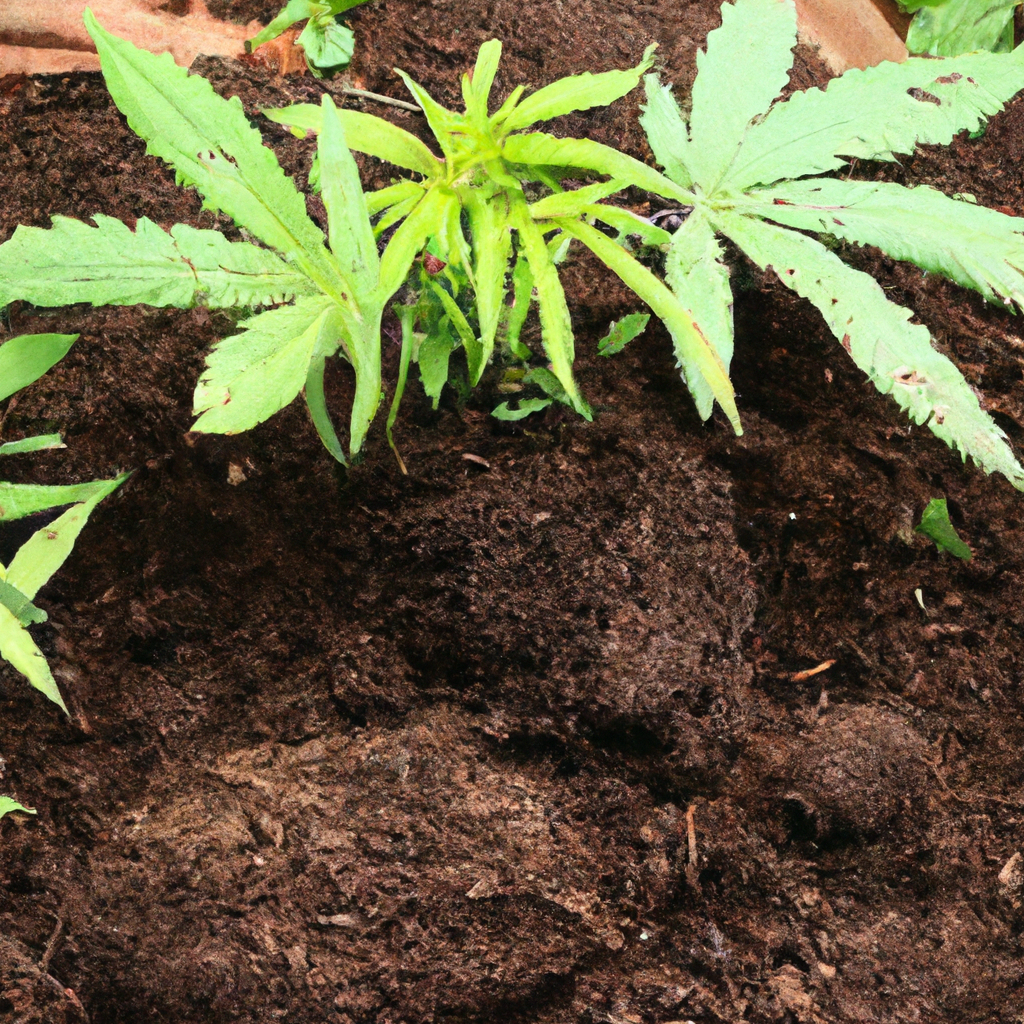Your cart is currently empty!
Organic cannabis cultivation is on the rise, offering a sustainable and natural approach to growing this versatile plant. By fostering a healthy soil ecosystem and avoiding synthetic chemicals, growers can produce cannabis that’s better for the environment and its consumers. Let’s delve into the key practices that make organic cultivation a thriving success.
Nurturing the Soil: The Foundation of Organic Growth
The journey to cultivating robust organic cannabis begins with soil health. A rich, living soil provides nutrients, improves water retention, and fosters beneficial microbial life. Here’s how to enhance your soil naturally:
- Compost: Turn kitchen scraps and plant matter into nutrient-rich compost, providing a natural fertilizer for your plants.
- Cover Crops: Use plants like clover or vetch to improve soil structure and prevent erosion.
- Mulching: Apply organic mulch to retain moisture and suppress weeds, helping to maintain a balanced ecosystem.
Natural Fertilizers: Feeding Your Plants Sustainably
Using natural fertilizers is a cornerstone of organic cannabis cultivation. These alternatives to synthetic inputs ensure that nutrients are delivered without harming the environment:
- Fish Emulsion: A liquid fertilizer that provides a rich source of nitrogen and is easily absorbed by plants.
- Bone Meal: Supply phosphorus to stimulate root development and flowering through this simple soil amendment.
- Worm Castings: This natural byproduct enhances soil aeration and microbial activity, boosting plant health.
Integrated Pest Management: Defending Against Threats Naturally
Keeping pests at bay without using harsh chemicals is crucial for organic growers. Integrated Pest Management (IPM) offers practical solutions:
- Companion Planting: Grow herbs like basil or mint alongside cannabis to naturally deter pests.
- Beneficial Insects: Introduce ladybugs or predatory mites to control aphid populations.
- Neem Oil: A natural pesticide that disrupts the life cycle of pesky insects without harming beneficial insects.
The Environmental and Consumer Benefits of Organic Cannabis
Organic cannabis cultivation not only preserves ecological balance but also delivers high-quality products to consumers:
- Environmental Impact: Organic practices reduce chemical run-off, protecting waterways and promoting biodiversity.
- Consumer Health: Organic cannabis ensures a cleaner product, free of harmful pesticides and additives.
- Flavor and Aroma: Many connoisseurs report enhanced flavors and aromas, attributed to the holistic cultivation techniques.
Conclusion
Organic cannabis cultivation offers a pathway to sustainable growth and high-quality produce. By focusing on soil health, using natural fertilizers, and implementing integrated pest management, growers can ensure that their operations benefit both the planet and the consumer. Embrace these practices for a greener, cleaner harvest.
Discover more from Magic Clones
Subscribe to get the latest posts sent to your email.


Leave a Reply